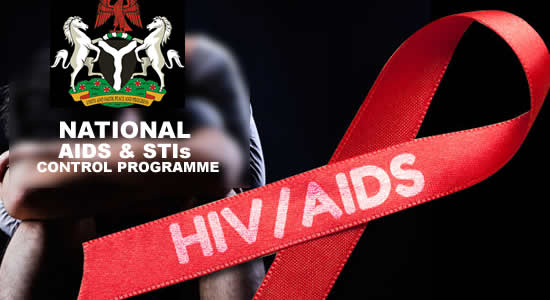By Haruna Gimba
A coalition of Civil Society Organisations (CSOs) in Nigeria have called for more access to Sexual and Reproductive Health and Rights (SRHR) services for adolescents in order to reduce HIV/AIDS prevalence.
The group made the call while presenting Nigeria’s HIV prevention shadow report for 2020 in Abuja.
Country Focal Person, Partnership to Inspire, Transform and Connect with HIV Response (PITCH), Mr Anthony Nkwocha, said the report shows over 82,000 new HIV infections in 2020, as against the 23,500 projection.
Mr Nkwocha identified legal and policy reforms, religion, customs, norms and valuesas some of the factors militating against accurate HIV prevention strategies in the country.
He said that if adolescents, sex workers, drug users and homosexuals have access to SRHR services without any age restrictions or stigmatisation, it would reduce prevalence and transmission of HIV/AIDS.
He listed legal and policy reforms, capacity development and technical assistance plan and needs assessment, amongst others as key areas that should be worked on to fast-track HIV prevention and response.
The PITCH representative also underscored the need to improve data on programme quality and coverage for adolescents and key populations affected by HIV prevention response.
Also, Chairperson, Drug Harm Reducation Advocacy Network, Mr Aniedi Akpan called for the reform of certain laws that would enable adolescents to access HIV prevention services.
“What we are doing is to make sure that the laws inhibiting these people from accessing HIV prevention services are removed. We are still looking at the fact that a child must be 18 years before being able to access HIV services.
“But we have younger persons, who have sex less than 18 years, which leaves them vulnerable. These are the main things that do not allow us achieve the targets.
“Government should sit with the CSOs and understand issues and work towards changing those key barriers that affect access to services and increases transmission of HIV,” Akpan said.
Similarly, Ms Daharatu Yahaya of the Institute of Human Virology, Nigeria, described the 2020 report as an eye opener for the nation to work towards getting data for accurate planning and progress made on HIV/AIDS.
Ms Daharatu Yahaya also called for a review of the legal consent age from 18 years to 14 years to enable more adolescents and young persons’ to access sexual reproductive health services to prevent HIV/AIDS transmission.
“We need to reduce the age of consent to 14 years. Such that services will be accessible to adolescents and sex workers, who are not also in the HIV/AIDS policy in Nigeria,” she said.
Desk Officer, Federal Ministry of Health, Dr Micheal Ali said the meeting provided a platform for stakeholders to bring vibrant national responses on HIV programmes in the country.
Dr Ali also said the country had achieved so much in HIV/AIDS response and prevention.
According to him, the prevalence rate had reduced from 5.4 million in 2000 to 1.4 million.




